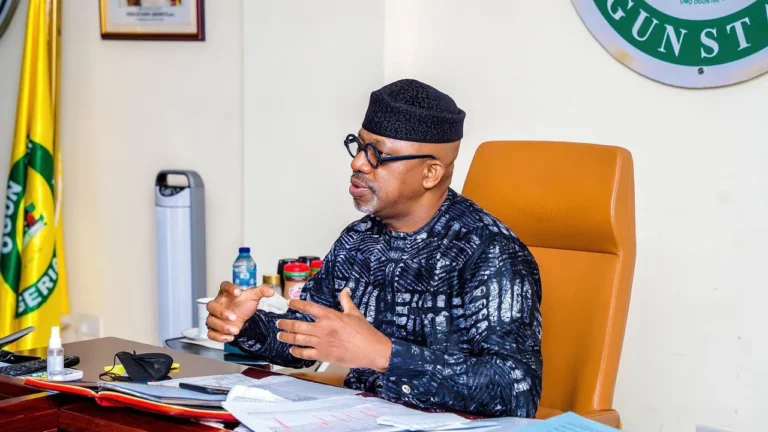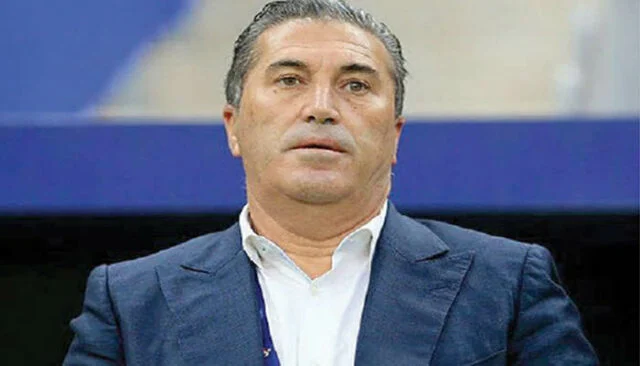
The IMF urges the Nigerian government to protect vulnerable citizens amid rising petrol prices, calling for stronger social safety nets and market-reflective fuel prices..mynewslive
IMF to Nigerian Government: Protect the Poor Amid Petrol Price Hike and Supply Crisis
As Nigeria continues to grapple with rising petrol prices and fuel shortages, the International Monetary Fund (IMF) has called on the Federal Government to prioritize the protection of vulnerable citizens through stronger social safety nets. The IMF, through its Resident Representative in Nigeria, Dr. Christian Ebeke, emphasized the need for the government to accelerate support for the poor during this challenging period.
In an interview with Arise TV, Ebeke also pointed out that despite the recent price hike, petrol is still selling below market price, hinting at the possibility of further increases. He urged the government to focus on stabilizing supply and ensuring product availability to prevent further economic hardship for Nigerians, many of whom are already struggling with high inflation, food shortages, and the effects of recent floods.
Social Safety Nets Must Be Strengthened
The IMF’s recommendation aligns with the government’s existing program aimed at supporting 15 million households. However, Ebeke stressed the need to accelerate the disbursement of these funds to cushion the impact of rising petrol prices on the most vulnerable Nigerians.
Market-Reflective Fuel Prices
Echoing the Nigerian National Petroleum Company Limited (NNPCL), the IMF acknowledged that petrol prices at the pump are not yet reflective of global market conditions. This discrepancy, according to the IMF, has contributed to the ongoing fuel supply issues in the country. Ebeke emphasized that stabilizing supply and ensuring competition in the oil market would benefit consumers in the long run.
Dangote Refinery Supply and Distribution
Ebeke also commented on the debate surrounding Dangote Refinery’s supply and distribution, stating that availability and competition are key to protecting consumers. Ensuring stable supply through competition would help maintain fair pricing and product quality for Nigerians.
Economic Reforms: A Balancing Act
The Nigerian government has defended its recent economic reforms, including the removal of fuel subsidies, as necessary for long-term growth. While Ebeke acknowledged the need for reforms, he urged the government to balance policy adjustments with adequate social support to mitigate the effects on vulnerable citizens.
Experts Weigh In
Public analysts like Clifford Egbomeade and Tajudeen Olayinka echoed the IMF’s concerns, emphasizing the need for transparency and proper implementation of social safety nets. Egbomeade warned that any further increase in petrol prices without sufficient cushioning mechanisms could exacerbate economic hardship in a country already burdened by inflation and poverty.
Olayinka further argued that the failure of policy coordination is a major obstacle to Nigeria’s economic recovery, calling for a well-coordinated adjustment program to address the ongoing crisis.
Conclusion
As Nigeria faces mounting pressure from rising fuel prices and economic instability, the IMF’s call for stronger social protections and market-based pricing reflects the urgent need for a balanced approach to reform. With the government’s plans to expand social safety nets, the success of these reforms will largely depend on effective implementation and a commitment to supporting the most vulnerable citizens.
For More Updates, join our WhatsApp Group and Telegram Channel



